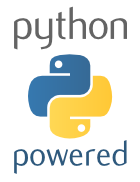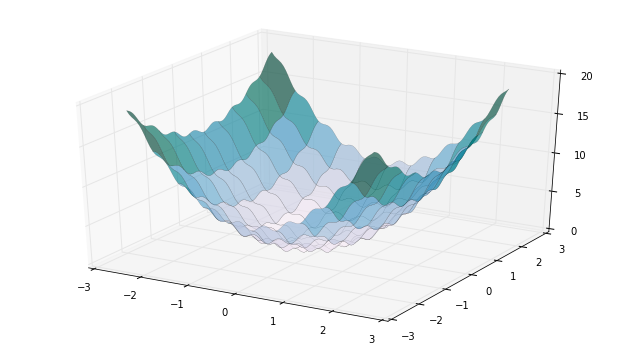ELE 2763: Special Topics on Computational Intelligence IV (Tópicos Especiais em Inteligência Computacional IV)
Doctorate of Electrical Engineering Program, Department of Electrical Engineering, Pontifícia Universidade Católica do Rio de Janeiro.
ELE 2763: Special Topics on Computational Intelligence IV (Tópicos Especiais em Inteligência Computacional IV)
Doctorate of Electrical Engineering Program, Department of Electrical Engineering, Pontifícia Universidade Católica do Rio de Janeiro.
The course covers the theory, design and development of solutions that involve the use of evolutionary computation. It intends to develop the necessary skills to tackle complex real-world problems with evolutionary computation. This purpose is achieved by understanding the underlying processes that take place in a successful solution: Current state of the art methods are presented and discussed; examples of real-world applications of EC are examined, with a particular emphasis in bioinformatics, electrical energy transmission and generation, aerospace industry and petroleum industry. The course involves lectures with fundamental content, demonstration classes, invited talks from renowned scientists and the development of a project. This project should be defined according to the interest of the student and should involve a real problem. At the end of the course, in addition to an exam, each student must deliver:
Homework

Download support materials as IPython Notebooks:
Note 1: All IPython notebooks of this course are now hosted at https://github.com/lmarti/evolutionary-computation-course. Feel free to play with them and propose updates and improvements.
Note 2: The online notebooks slides viewer is a work in progress and some slides elements might not be rendered properly.
Support material:

Supporting IPython notebook:
Support material: